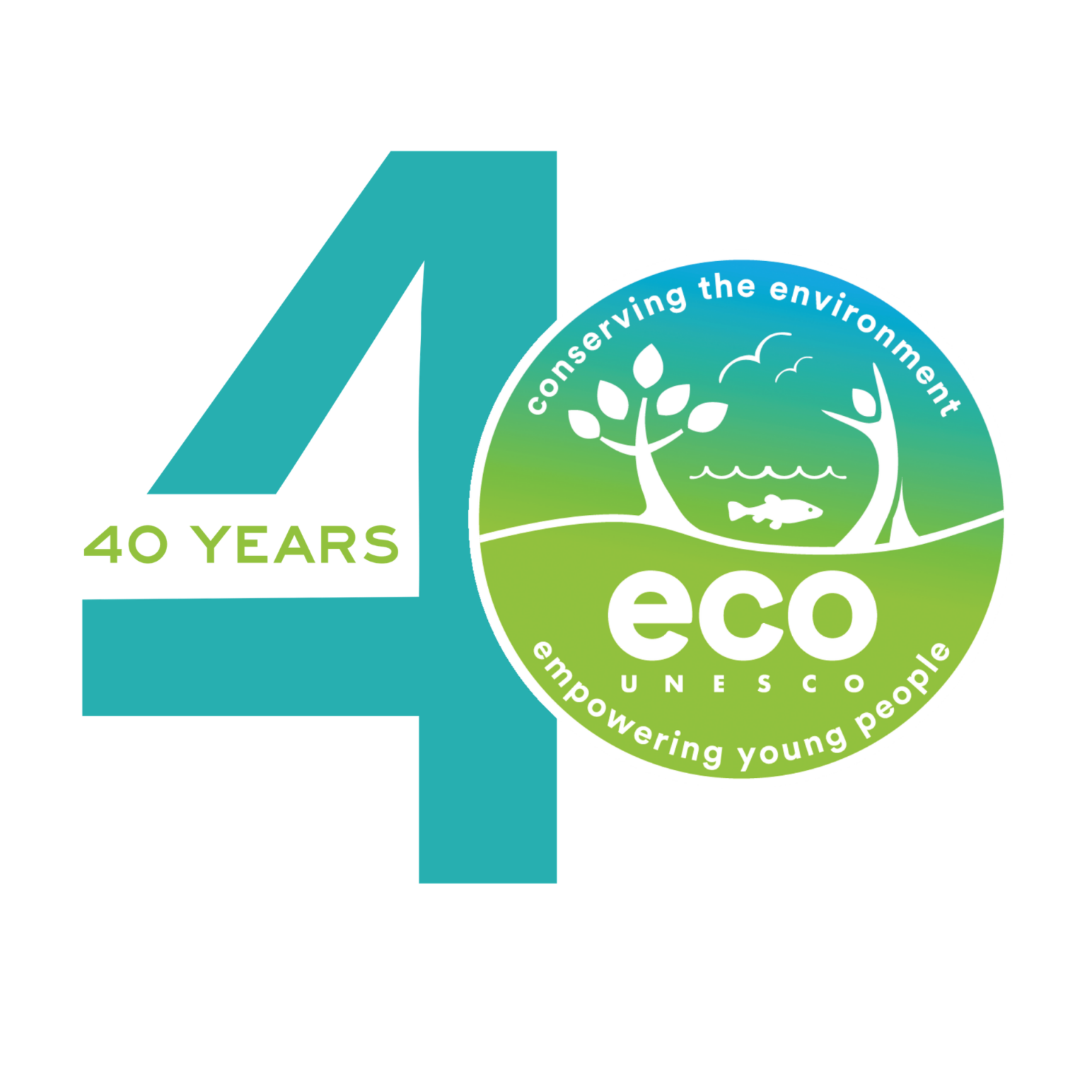Sustainable development is a pattern of resource use that aims to meet human needs while preserving the environment so that these needs can be met not only in the present, but also for future generations. The term was used by the Brundtland Commission which coined what has become the most often-quoted definition of Sustainable Development as development that “meets the needs of the present without compromising the ability of future generations to meet their own needs.”
Sustainable Development ties together concern for the carrying capacity of natural systems with the social challenges facing humanity. As early as the 1970s “sustainability” was deployed to describe an economy “in equilibrium with basic ecological support systems.” Ecologists have pointed to the “limits of growth” and presented the alternative of a “steady state economy” in order to address environmental concerns.
The field of Sustainable Development can be conceptually broken into three constituent parts: Environmental Sustainability, Economic Sustainability and Sociopolitical Sustainability.
